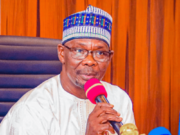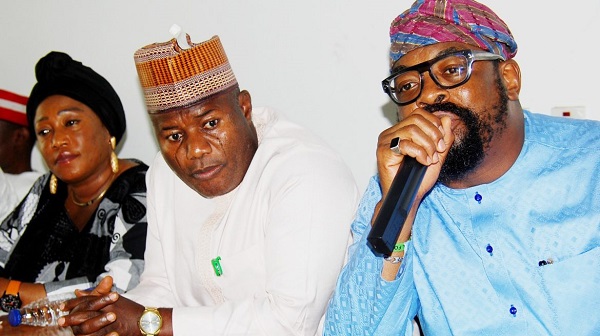In a bold rebuke delivered at Nigeria’s National Assembly, the House of Representatives Committee on Polytechnic and Higher Technical Education launched scathing criticism at the heads of federal polytechnics. Led by Chairman Fuad Kayode Laguda, the committee accused the rectors of “practically frustrating” serious efforts geared towards meaningful educational reform.
“Less than 30 percent of the 41 federal polytechnics responded to our invitation,” lamented Laguda during a high-stakes meeting at the National Assembly complex in Abuja
Table of Contents
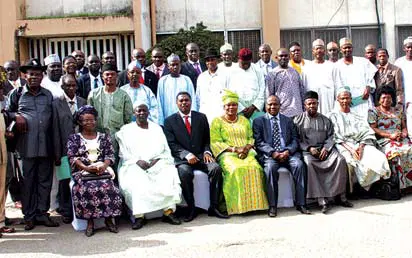
A Critical Meeting Met With Thin Attendance
The committee convened the meeting to present and discuss its strategic plans for technical education across Nigeria, yet found themselves facing an empty hall. Fewer than 12 rectors (under 30%) showed up, and even fewer adhered to directives regarding who should accompany them. This lukewarm turnout was interpreted by Laguda and colleagues as a sign of disrespect and disregard toward parliamentary oversight.
“We wrote you letters and gave directives for a purpose … but you ignored them. Actions speak louder than words,” the Lagos lawmaker shot back.
What the Committee Has Been Doing
Laguda took pains to underscore that it was indeed the committee that had:
- Championed the creation of a National Polytechnic Commission
- Secured additional funding for polytechnics late last year, without prompting from the institutions
- Crafted legislation to criminalize the unfair distinction between polytechnic Higher National Diploma (HND) holders and university BSc graduates.
“All of these measures are meant to benefit the institutions—but in return, we see no ownership or collaboration from them,” he lamented.
Rectors’ Response: Communication Gaps, Not Disrespect
For the rectors who did attend, their explanation highlighted systemic communication failures, not disdain. Musa Gambo of Federal Polytechnic, Daura, offered a heartfelt apology “on behalf of colleagues,” assuring the committee of renewed cooperation. Meanwhile, Zamfara’s Aminu Yusuf pledged a detailed response to outstanding committee requests within a week.
Bauchi Polytechnic’s Sani Usman also weighed in, pointing to an urgent need to improve institutional responsiveness to correspondence from lawmakers.
Threats of Sanctions and Accountability Measures
Laguda didn’t mince words about the potential fallout: “We will not hesitate to invoke necessary sanctions if this repeats.” His declaration made clear that token apologies would no longer suffice. The committee was prepared to discipline defaulting institutions in pursuit of genuine reform.
According to Laguda, defiance of legislative directives is unacceptable:
- Ignoring invitations and protocol
- Failing to send appropriate staff
- Disrespecting legislative oversight
These offences, he said, cross the line of acceptable institutional conduct.
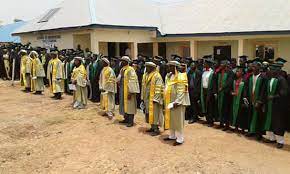
The Larger Stakes: A Polytechnic Sector at Crossroads
This confrontation does more than spotlight institutional indiscipline; it exposes a deeper reluctance to participate in nationwide educational reform. Nigeria’s burgeoning emphasis on vocational and technical education places polytechnics at the core of national development. Their leadership’s resistance—or indifference—now threatens to stall progress at a pivotal moment.
Recent advocacy by education commentators also highlights how entrenched perceptions of polytechnic education are undermining Nigeria’s capacity to produce skill-driven graduates. The persistent “second-class” label attached to HND holders continues to hinder the sector’s credibility.
By obstructing coordination with lawmakers and failing to embrace reform initiatives, polytechnics risk aggravating this bias and hampering their own institutional growth.
Committee’s Next Moves: What Lies Ahead
Laguda confirmed the committee is now drafting a follow-up strategy to restore compliance. Proposed measures include:
- Mandatory attendance by the rector and designated staff at all oversight meetings
- Periodic progress reports evaluating institutional engagement
- Formal penalties, possibly financial or legislative in nature, for recalcitrant institutions
These steps are intended to enforce accountability and guarantee that reform directives are acknowledged, not sidelined.
Why This Matters
Why does this matter to every Nigerian student, parent, or policymaker?
- Fairness: Many HND holders deserve parity with BSc graduates. Legislation to criminalise disparity marks a major stride toward educational justice.
- Funding: The committee’s mobilisation of additional resources without prompting illustrates a legislative commitment to polytechnic upliftment.
- Skill-Building: Technical education is the backbone of Nigeria’s economic modernisation. Polytechnics must actively participate in their evolution if Nigeria is to remain competitive and productive.
Should polytechnic leadership persist in resisting reform, the broader initiative to elevate the sector could collapse, potentially reinforcing the very biases the committee seeks to dismantle.
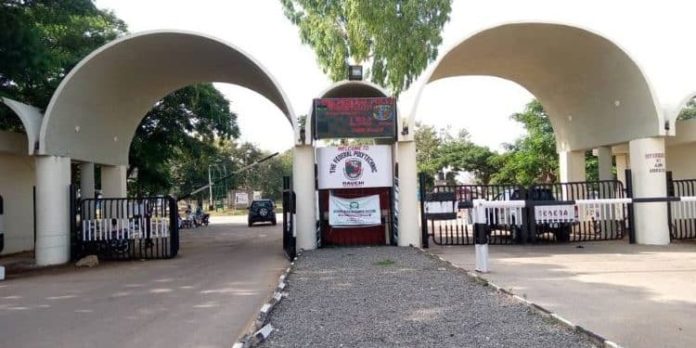
A Turning Point
This meeting could emerge as a watershed moment. Will rectors heed the committee’s ultimatum and take ownership of the reform agenda? Or will continued disengagement plunge the sector into legislative conflict and eventual penalisation?
The outcome could spell the difference between transformation and stagnation for Nigeria’s polytechnics.
Join Our Social Media Channels:
WhatsApp: NaijaEyes
Facebook: NaijaEyes
Twitter: NaijaEyes
Instagram: NaijaEyes
TikTok: NaijaEyes
READ THE LATEST EDUCATION NEWS





